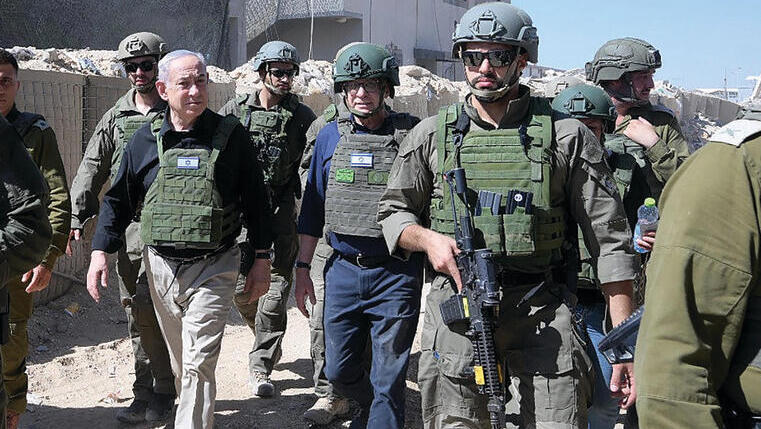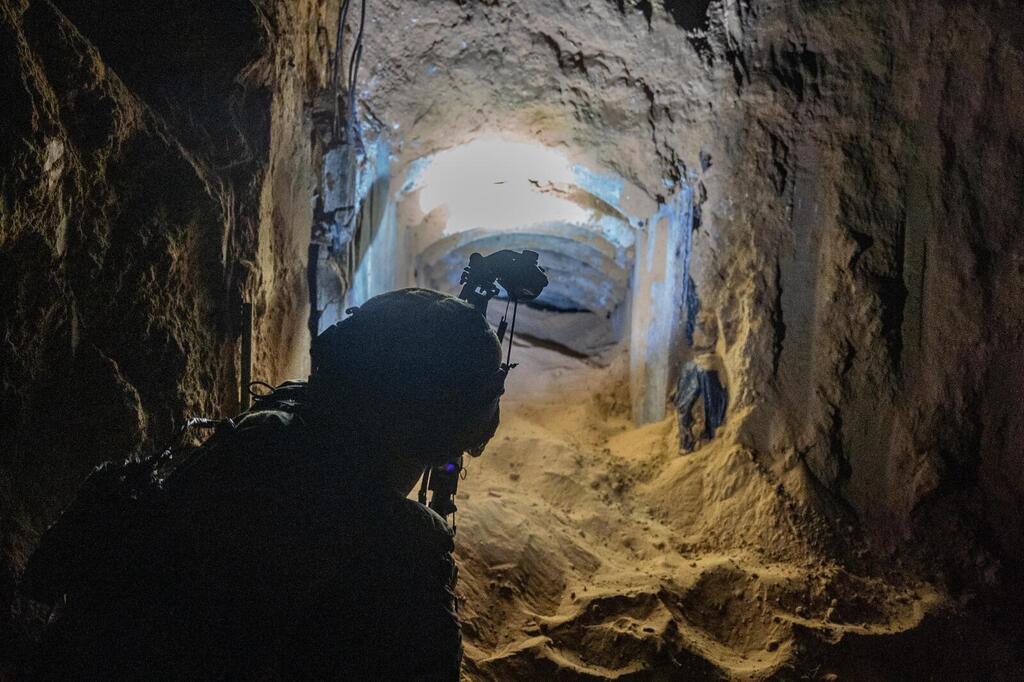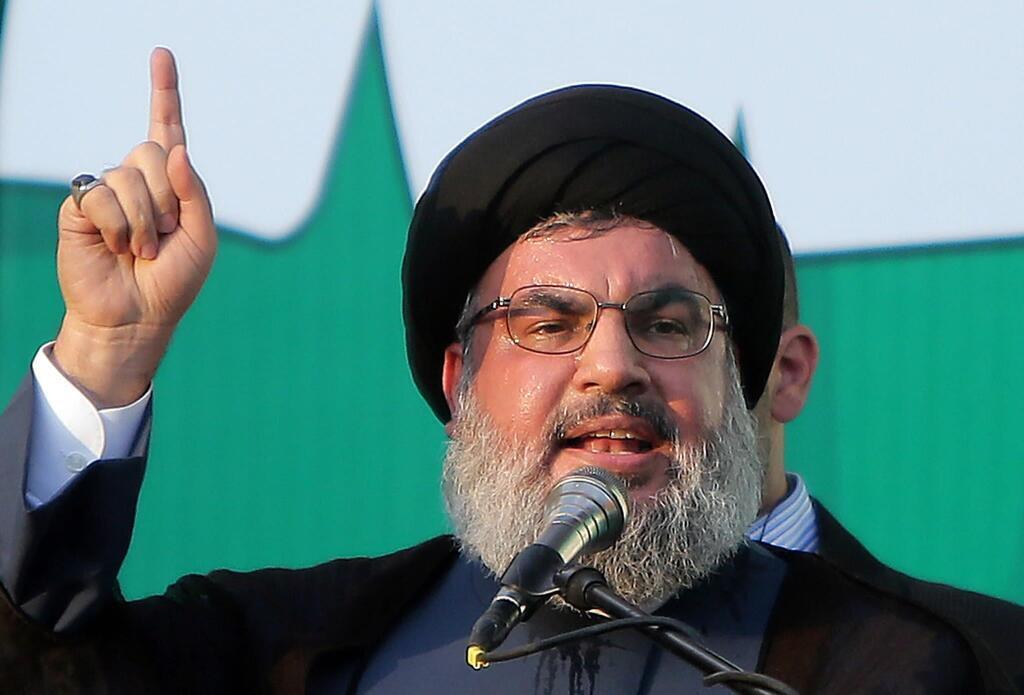Getting your Trinity Audio player ready...
In recent weeks, negotiations over the release of hostages have morphed into talks about "the day after". This shift promises a tough, crisis-laden, and drawn-out process. Hamas' demands and reservations have transformed the discussion from mere bargaining over hostages in exchange for halting combat and releasing prisoners from Israeli jails to a negotiation about the future of Gaza post-war.
Hamas isn't just looking to survive as a defeated terror army in Gaza—they want to recover. Their demands include IDF withdrawal from the Netzarim Corridor, allowing their forces to return to their northern strongholds and, crucially, preventing the IDF from monitoring the Philadelphi Corridor and the Rafah crossing. These routes are vital for Hamas to receive weapons and raw materials via Sinai and Egypt.
Furthermore, Hamas seeks assurances from mediating countries, including the U.S., and possibly Russia and China, that Israel will not resume hostilities. This would strip Israel of operational freedom in Gaza "the day after."
Israel, on the other hand, needs to decide on a strategic framework that will serve its interests post-hostage deal, effectively ending the war and moving to what the IDF calls Phase C—maintaining the significant tactical achievements gained during nine months of combat in Gaza.
Israel’s goals in the negotiation are threefold:
- Preservation of Intelligence Control: Maintaining the intelligence grip and human intelligence gathering capabilities that the IDF, particularly the Shin Bet, currently holds in Gaza is vital to prevent Hamas from regrouping as a terror army.
- Operational Freedom: Ensuring the IDF retains the ability to act freely in Gaza, whether they are present in large numbers or not. This includes leveraging intelligence superiority to thwart terror plots with airstrikes, ground, and sea operations, or ground raids. The IDF and Shin Bet must be capable of neutralizing any attempts to establish new rocket arrays or digging new tunnels.
- Coordination with Egypt: Reaching an agreement with Egypt to prevent the smuggling of weapons and raw materials into Gaza and stopping Gazans from traveling to Iran for training. Such coordination could negate the need for an IDF presence along the Philadelphi Route.
Hamas will resist these terms, but if Israel stands firm, Yahya Sinwar will have no choice but to relent. The Israeli military pressure is already taking its toll.
Israel must not compromise on its essential interests in the deal. However, in the strategic war we are currently embroiled in, which will shape national security for decades, the hostage deal is paramount. As Jews and human beings, we cannot stand by while hostages suffer and face mortal danger. We have a moral duty to do everything in our power, including making painful concessions, to secure the release of the living and the dead hostages. We have the moral right to recalibrate our path afterward.
Only resolving the hostage crisis will restore cohesion, internal solidarity, and national resilience to Israeli society, and partially rebuild the public trust in the government that has been completely eroded.
The second strategic priority is completing the task in Gaza: destroying the majority of the strategic tunnels and the vast underground warfare network Hamas has built. Capturing this strategic tunneling network from Hamas and Islamic Jihad will not only strip them of their guerilla warfare capabilities but also force them to surface, making them vulnerable to the overwhelming firepower of the IDF. This is what true military victory looks like—when the enemy is deprived of their infrastructure and tactical capabilities.
Another critical mission is to eliminate, capture, or exile Yahya Sinwar and his inner circle, delivering a morale blow to Hamas operatives in Gaza.
The third crucial task is to begin establishing the "day after" civilian-governance order in Gaza, in cooperation with international entities. This could start by allowing Gazans to manage reconstruction projects for sewage and transportation systems themselves, distribute humanitarian aid through non-Hamas local entities, and prevent Hamas from interfering.
Let’s be clear: the mission in the north will not be complete when Hezbollah fighters are pushed back 6 miles from Israel's border and the south is demilitarized. Hezbollah has a massive arsenal of tens of thousands of missiles and heavy rockets threatening the entire Israeli home front. We must acknowledge that Hezbollah's rockets, drones, and anti-tank missiles won’t "rust," as a former IDF Chief of Staff once suggested. The current war is likely the best opportunity to dismantle this threat before Hezbollah and the Iranians, with Syrian support, turn it into a monster Israel cannot handle alone. Currently, the IDF can manage this threat alone, and if Iran intervenes, the Americans will likely assist. This might not be the case in the future. We must confront this monster now, with IDF capabilities and coordination with the U.S.
These three tasks—releasing hostages, defeating Hamas in Gaza, and neutralizing the Hezbollah-Iranian threat in the north and northeast—are the challenges we will face in the coming months. Politicians must understand that anything hindering these goals and undermining our remaining international legitimacy endangers our children's and grandchildren's security for decades. Politics and ideology should be set aside until these war missions are successfully completed.




